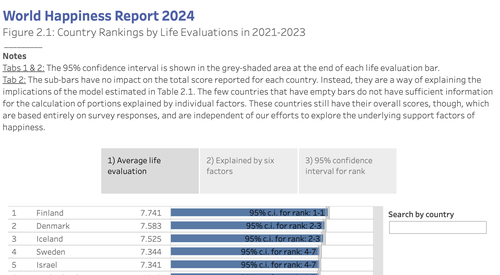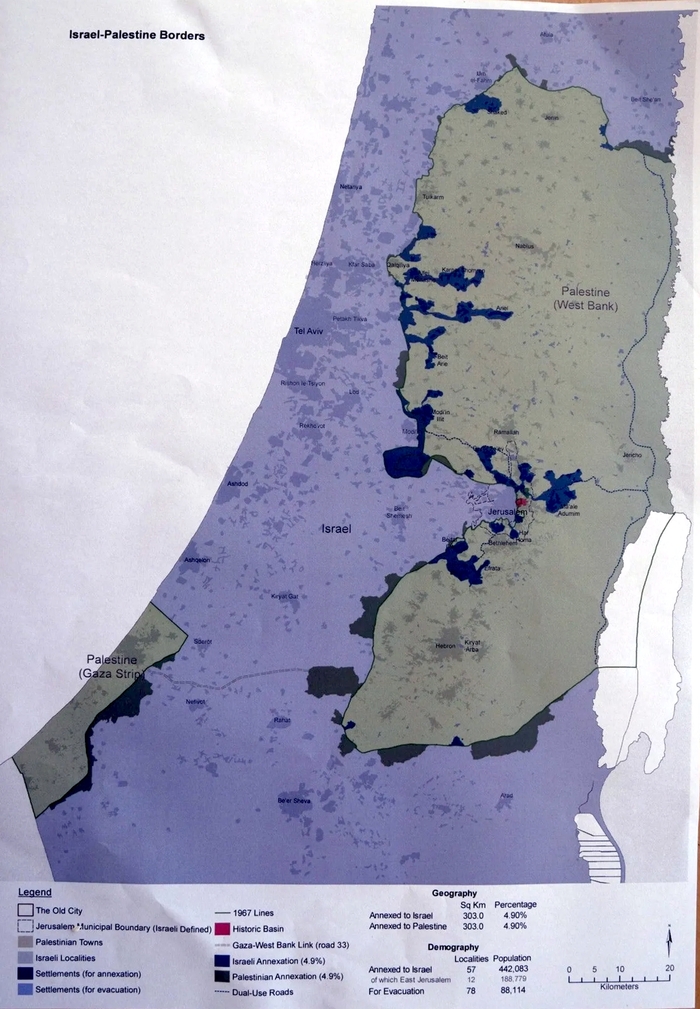This weblog entry collects interesting responses to my book, Israel Victory: How Zionists Win Acceptance and Palestinians Get Liberated.
For praise of the book, go to its devoted page here.
Martin Kramer responds to the notion of Israel sponsoring a "decent Gaza":
Israel has never had any capacity or interest in building up Arabs. It is very good at wrecking things, as we've seen in Gaza. It's very good at putting up walls and doing operations against bad guys. It completely loses interest in the kind of nation-building you advocate. The last people who talked about it were the socialists in the 1920s, who proposed to raise up the Arab proletariat as an alternative to the effendi class – and even they didn't really invest in it. Oslo wasn't nation-building, just out-sourcing the work to something that already existed, the PLO, despite its opposing Israel's existence, in the vague hope it would change, thereby relieving Israel of the need to build anything itself. That attitude persists: since Oct. 7, Israel hopes to fob Gaza off on the Gulf Arabs. So what you advocate cuts deeply against the grain.
(June 20, 2024)
Daniel Greenfield notes the implications of not winning:
Israel's reticence to achieve a conclusive and decisive victory, and then to act like winners infused generations of Arab Muslims living in the West Bank and Gaza with the conviction that they can destroy Israel if they transform their societies into killing machines and turn over political power to terrorists. It is as if instead of defeating Nazi Germany or Imperial Japan, the Allies had left a core regime and population intact and free to plot war for another 50 years.
This points to a necessary change:
In the Middle East, modern societies have won military victories, but not cultural ones. If we want to stop constantly fighting military campaigns, we will have to win the cultural wars as well.
And it may require Israel, America, the UK and other modern societies to do things that they are uncomfortable with, that appear to violate their values and disturb their sense of moral order.
Many dysfunctional children grow up in homes where the parents try to be their "friends" because they are uncomfortable with being domineering or acting as authority figures. To end the cycle of appeasement and violence, the Israelis and all of us may have to learn to stop trying to be "friends" with our enemies and get comfortable with being conquerors.
(June 21, 2024)
Douglas R. Satterfield, brigadier general U.S. Army, retired:
Daniel Pipes lays out a path for Israel to win the war with Hamas and achieve a lasting peace. To do so, "Israel must finally win and impose its will on its enemies." This is how lasting peace was imposed on Japan and Germany after WWII, and it is based on the lesson learned when lasting peace was imposed on the American South after the U.S. Civil War.
Pipes believes Israel should follow the same strategy. This is not the same as the "peace processors" like the late politicians Shimon Peres and Yitzhak Rabin, who worked with America to achieve and were made famous for their failed efforts.
(August 17, 2024)
Douglas Altabef, writing in the Jerusalem Post:
Netanyahu has understood that Israel cannot tolerate an outcome that leaves it vulnerable to continual attack in the not too distant future. More than that, Netanyahu has understood that Israel can and indeed must win. ... Netanyahu's consistently held mindset was that of victory, a powerful word replete with many facets and connotations.
The idea, the goal of victory has been a consistent thread in the geopolitical thinking of many on the Israeli Right for several years. This mindset has been inspired by the writings of historian Daniel Pipes, who has consistently said that Israel and the region will only know peace when Israel has achieved victory. Pipes has defined such a victory as when Israel's enemies have expended their warehouse of military and ideological weapons and have come to realize that they have lost. ...
Victory is no longer just an aspiration; it is now a strategic outlook.
(October 14, 2024)
World Happiness Report: Despite Israel's calamity on Oct. 7, it slipped by only one to be the world's fifth most happy country in 2024, according to the United Nations. Only four of the Nordics beat it out.

Nitzan David Fuchs offers "a broader theoretical foundation" to the call for Israel Victory in his article, "The Path to Total Victory." He concludes "with the presentation of a new, coherent strategy for victory not only against Hamas, but against the Palestinian resistance, that forces them to come to terms with Israel's existence."
If we [Israelis] want to win this war, it is incumbent upon us to destroy this rejectionist ideology. ... To end the conflict, Palestinians must abandon these ideas that motivate them. It can happen, just as the Japanese and the Germans abandoned their racism, antagonism to the West, and holy war in the name of the emperor. For this to happen, the Palestinians must undergo a deep societal shift, which can only be the result of a deep and complete defeat, and an internalization of that defeat.
Fuchs outlines the steps for an Israel Victory:
the path to victory begins with the defeat of Hamas. ... The next step is to demonstrate their defeat by conquering the Strip and preventing its rehabilitation, beyond necessary infrastructure of water and sewage. ... The third step is the dismantling of the Palestinian Authority in its present form and reconstituting a new body. ... UNRWA should be dismantled, and the Palestinian refugee problem should be solved where they are already located, or in a third country. The right of return should not be a part of future negotiations. ... if there will be a Palestinian entity, its capital will only be Ramallah. Ramallah, like Bonn in Western Germany, would be the geographic expression of the ideological change.
He closes with the observation that "The war will end when Palestinians reject the ideology that has brought them, and us, only death and destruction." (February 2025)
Olmert's mystery map revealed: I referred in Israel Victory (p. 119) to Yossi Olmert's huge concession to Mahmoud Abbas in 2008 but my information was based on the best guess of commentators, for no one had actually seen the map Olmert had showed Abbas. Finally, seventeen years later, Olmert has revealed it on a BBC program, Israel and the Palestinians: The Road to 7th October - and here it is:
 The map that Yossi Olmert showed to Mahmoud Abbas on Sep. 16, 2008 |